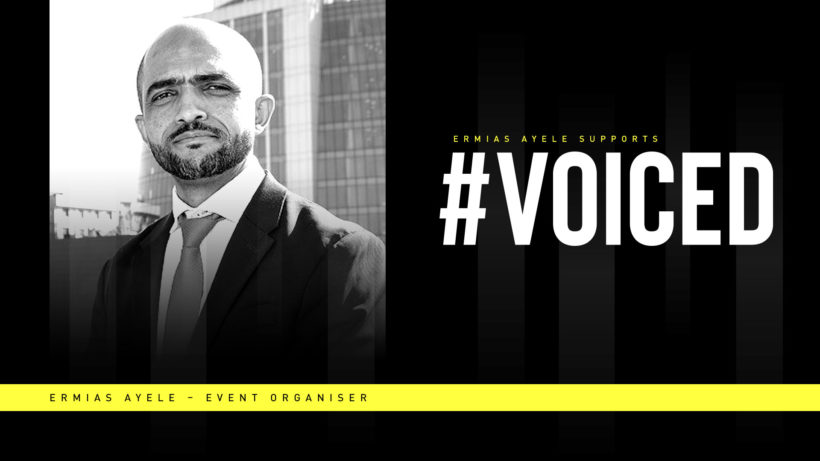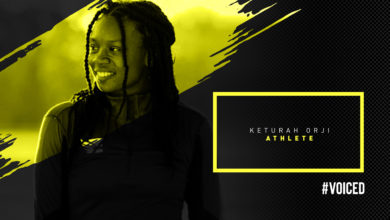Country: Ethiopia
Profession: Event Organiser
As Race Director, Ermias Ayele has been an integral part the Great Ethiopian Run’s (GER) successful journey for the last two decades. Considered Africa’s biggest annual international 10km road race, the GER accommodates a massive 44,000 participants plus over 500 elite runners. Interestingly, Ermias used to work at Ethiopian Airlines, before he decided to leave his job to join the GER as a volunteer.
Can you tell us more about your journey to becoming an event organizer? How were you introduced to the profession?
I had taken part in the Great Ethiopian Run 10km competitions twice as a fun runner, initially when it was started back in 2001 and also at the 3rd edition. I then volunteered at the 4th edition and become more interested and joined the GER event team the same year. The following year I was offered an opportunity to join the company as Marketing Manager, which I accepted. I worked there for two years before heading to the UK to study my second degree in Sport and Leisure Management for a year. After returning back to Ethiopia, I started to serve the company in the same capacity until July 2010. Since then I have been promoted and became the Race Director and have been leading the company for the last eleven years.
You have been involved in the management of the GER for over 10 years. What two aspects would you say contribute to the success of athletics events?
The first one is the organizing team. Every team member has to work towards improving the quality of the event each year. And the second thing is organizational culture of the institution.
You recently hosted 20th edition of the GER amid covid-19 which has brought about new challenges for event organizers. What do you think is the greatest challenge for event organizers in this pandemic?
The fact that you can’t gather as many participants as you normally would, has an obvious impact on the registration income. The reduction of participants also means reduction in sponsorship income as we are reaching relatively a smaller number of participants. In general businesses have been affected by the pandemic and so the interest in sponsoring events has been impacted negatively.
What are the two challenges you most often come across in an effort to commercialize event management?
Firstly, commercial companies don’t always know the benefits of sponsorship, and then secondly is the difficulty to justify to sponsors how their sponsorship will turn into business.
What was the most peculiar or unusual request made by an athlete participating at your event?
Maybe more than peculiar, I find it very interesting that we have allocated places for five hundred elite athletes every year but the demand from athlete representatives for more quotas is always rising even though we don’t pay an appearance fee. This clearly shows the wealth of talent our country has.
What has been your most memorable moment of the GER?
Being part of the privatization process of the GER. It started as a non-profit organisation, the journey towards making it profitable has not been easy, but we have made it.


